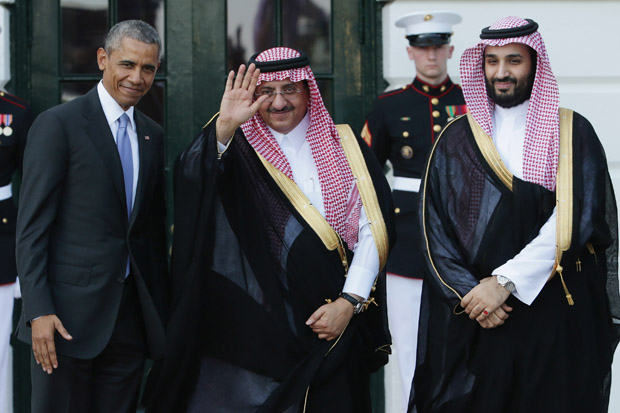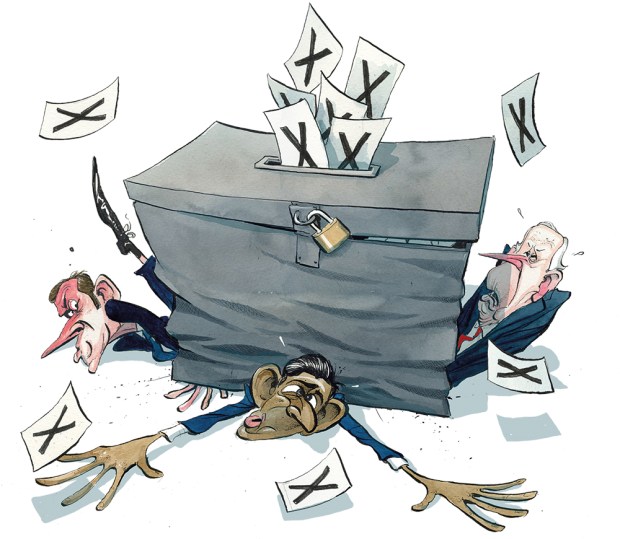Whatever happened to America’s desert kingdom? In the four months since Salman bin Abdulaziz al Saud became king of Saudi Arabia, everything we thought we knew about this supposedly risk-averse US ally has been turned on its head.
In a ruling house long known for geriatric leadership, the new king has pushed aside elder statesmen and seasoned technocrats alike in favour of an impetuous and uncredentialled son, Mohammed bin Salman, who may be in his late twenties.
Already a subscriber? Log in
Subscribe for just $2 a week
Try a month of The Spectator Australia absolutely free and without commitment. Not only that but – if you choose to continue – you’ll pay just $2 a week for your first year.
- Unlimited access to spectator.com.au and app
- The weekly edition on the Spectator Australia app
- Spectator podcasts and newsletters
- Full access to spectator.co.uk
Unlock this article
Hugh Eakin is a senior editor at the New York Review of Books.
You might disagree with half of it, but you’ll enjoy reading all of it. Try your first month for free, then just $2 a week for the remainder of your first year.













Comments
Don't miss out
Join the conversation with other Spectator Australia readers. Subscribe to leave a comment.
SUBSCRIBEAlready a subscriber? Log in